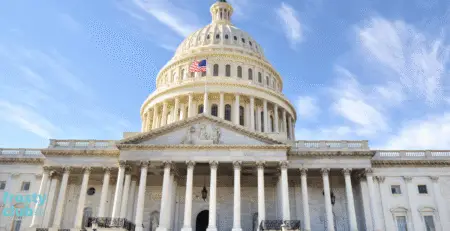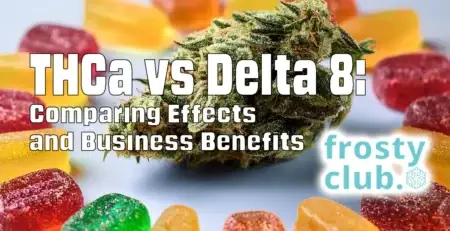
Tennessee THCA Ban Update: November 2025 — Extension Granted for Ag License Holders
In a major win for the Tennessee hemp industry, the Tennessee Alcoholic Beverage Commission (TABC) voted to grant an extension for all current Department of Agriculture hemp license holders. This decision allows existing businesses to continue operating under current Department of Agriculture rules until June 30, 2026 — effectively delaying parts of the HB1376 THCA ban that were set to take effect on January 1, 2026.
This is exactly what many in the industry anticipated — but it’s still a critical victory. The extension buys valuable time for growers, retailers, and distributors while state agencies finalize how the new law will be implemented.
Extension Overview: What the TABC Vote Means
The TABC’s October 2025 decision grants current Tennessee Department of Agriculture hemp license holders the right to continue operating under their existing rules through June 2026. This means that for the next eight months beyond the planned January 1 implementation date, THCA products will remain legal for those covered under valid Ag licenses.
This extension ensures stability for licensed operators as the state transitions oversight of hemp-derived cannabinoids from the Department of Agriculture to the Tennessee Alcoholic Beverage Commission (ABC) later in 2026. It also gives lawmakers and agencies time to clarify gray areas that the new law left open.
HB1376 Recap: The Upcoming THCA Ban
Passed in April 2025, House Bill 1376 redefines hemp to exclude products containing THCA and other psychoactive cannabinoids like Delta-8, Delta-10, and THCp. It also shifts regulatory authority for hemp products from the Department of Agriculture to the TABC starting in 2026. Under the law, all THCA flower and derived products will be banned once enforcement begins.
- THCA Prohibition: Any hemp product containing THCA will fall outside of legal hemp once the new law takes full effect.
- No Online Sales: Tennessee-based businesses are prohibited from shipping hemp-derived cannabinoids directly to consumers.
- ABC Oversight: Regulatory control will move to the TABC, introducing stricter compliance standards, testing, and taxation.
- Criminal Penalties: Selling or possessing banned products after full enforcement begins may result in felony charges or license revocation.
How the Extension Affects Tennessee Businesses
The TABC’s vote effectively creates a six-month safety window for licensed hemp operators. During this period, businesses can continue selling compliant THCA products and operating under Department of Agriculture regulations — provided they maintain an active license.
- Legal Continuity: Current licensees remain protected until June 30, 2026.
- Operational Breathing Room: Retailers and wholesalers can plan inventory transitions without abrupt disruption.
- Compliance Reminder: Only operators with active Department of Agriculture licenses qualify for the extension.
- Advocacy Momentum: Industry groups like the Tennessee Growers Coalition and Tennessee Healthy Alternatives Association are calling the decision a crucial step toward a smoother regulatory handoff.
For consumers and shop owners, this means THCA products remain available for the first half of 2026 — offering temporary relief and economic stability while the hemp community continues pushing for clarity and reform.
Next Steps: What’s Still Unclear
While the extension provides welcome breathing room, questions remain. The TABC has not yet confirmed:
- Whether this extension applies to all license categories or only to specific tiers of operators.
- How the transition to ABC oversight will occur after June 2026.
- Whether additional renewals or reapplications will be required under new rules.
For now, licensed businesses should maintain complete documentation, renew their licenses promptly, and continue following all Department of Agriculture standards. The best strategy is to stay closely aligned with state updates and industry groups as new details emerge.
Frosty Club will continue monitoring this developing story. As the January 2026 deadline approaches and Tennessee prepares to transition oversight to the TABC, we’ll keep you informed on every change that affects THCA legality, compliance, and business operations across the state.











